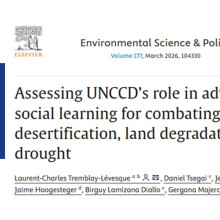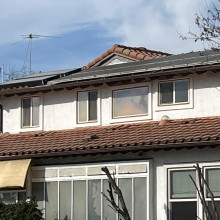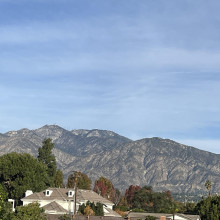Special Accreditation Now Open — 2026 United Nations Water Conference (SDG 6)
A special accreditation process is ongoing for the 2026 United Nations Water Conference, convened to accelerate implementation of Sustainable Development Goal 6 (Clean Water and Sanitation).
Relevant NGOs, civil society organizations, academic institutions, scientific bodies, private sector entities and philanthropic organizations whose work aligns with the objectives of the Conference and who:
- Do NOT hold consultative status with the United Nations Economic and Social Council (ECOSOC);
- Were NOT accredited to previous UN Conferences; and
- Did NOT receive special accreditation through the first open call (early 2025);
Must obtain special accreditation in order to participate as observers in both the Conference and its preparatory meeting.
Interested organizations are invited to submit their applications by 31 March 2026 via the official portal below:
https://dgccso.un.org/Event-Details/?evtid=17b679c0-4eed-ef11-9342-000d…






